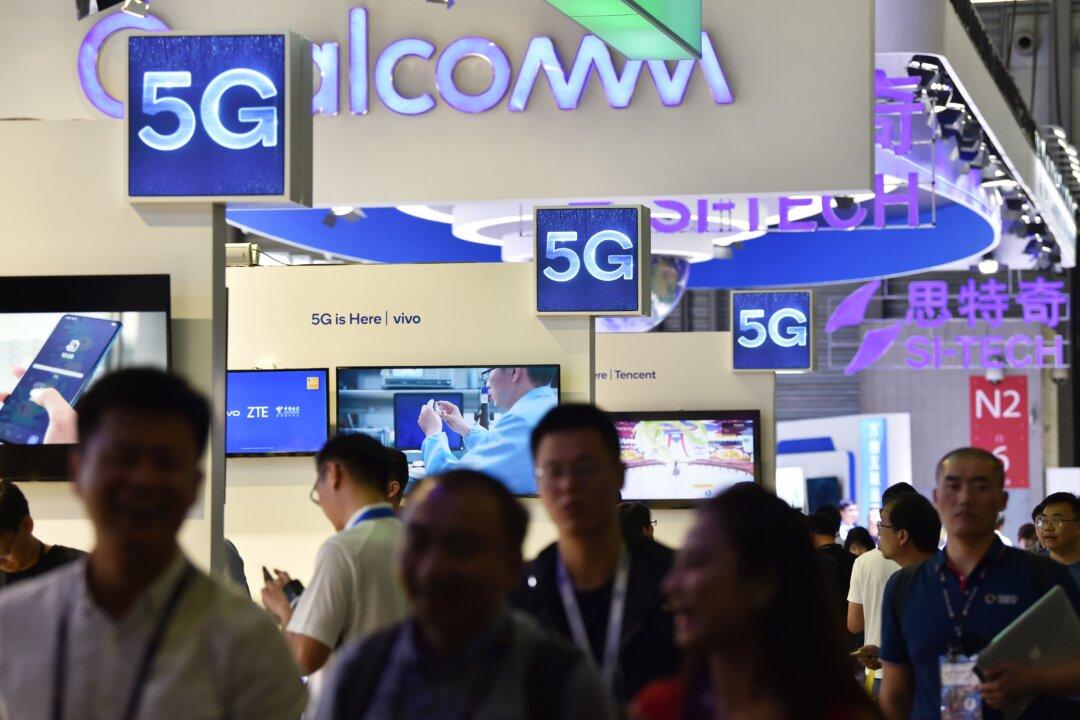A group of tech experts is calling for “some degree of bifurcation” between the U.S. and Chinese tech sectors, according to a report obtained by Axios.
The report, titled “Asymmetric Competition: A Strategy for China & Technology,” was authored by a group of 15 tech industry executives, investors, and China experts, known as China Strategy Group, that was formed in July last year.




